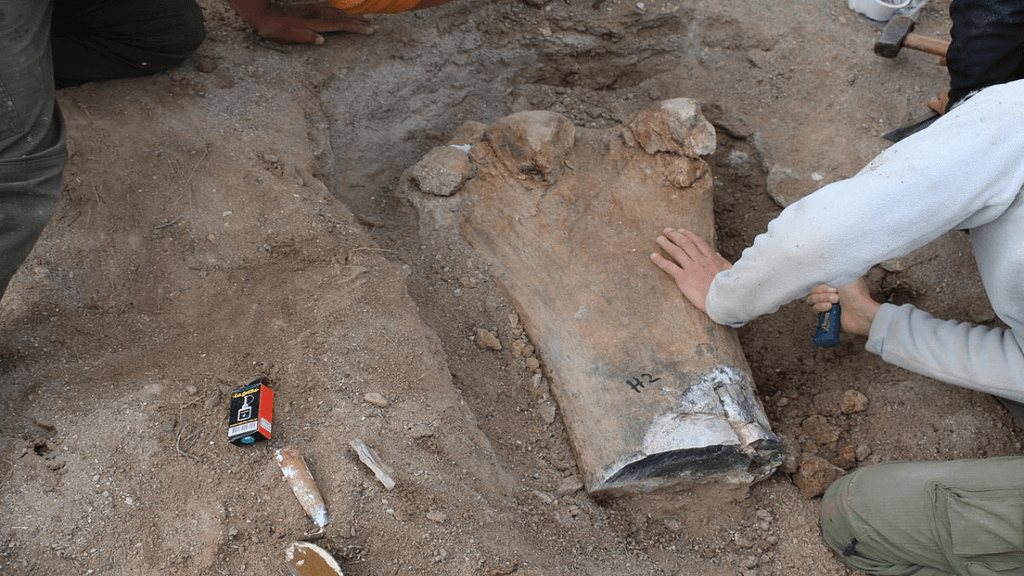
Discovery of the Remains
BUENOS AIRES, May 18 (Reuters) - Argentine paleontologists have made an extraordinary discovery in the southern region of Patagonia—a set of remains belonging to a massive and previously unknown species of long-necked herbivorous dinosaur.
The remarkable find, initially uncovered by scientists in 2018, was presented on Thursday at the Pueblo Blanco Nature Reserve. The dinosaur's bones were so colossal that they caused the van transporting them to tip over on its way to a laboratory in Buenos Aires. Fortunately, no injuries occurred, and the remains remained undamaged.
Chucarosaurus Diripienda
Paleontologist Nicolas Chimento explained that the dinosaur was given the name "Chucarosaurus Diripienda," meaning "hard-boiled and scrambled." This choice of name reflects the dinosaur's resilience and survival following the accident in which it rolled around.
Description of Chucarosaurus
Weighing an astonishing 50 tonnes and measuring approximately 30 meters in length, the Chucarosaurus stands as the largest dinosaur ever discovered in the mountainous Rio Negro province. This magnificent creature would have roamed the Earth during the Late Cretaceous period, coexisting with predators, fish, and sea turtles.
The Chucarosaurus's femur bone, which measured 1.90 meters in length, was divided into three parts, each weighing over 100 kilograms. It took at least three people to lift these segments, highlighting the immense size and weight of the dinosaur.
Rapid Growth and Unique Characteristics
Patagonia has long been known as the home of colossal plant-eating dinosaurs. Among them is the colossal Patagotitan mayorum, recognized as the largest dinosaur ever found. However, scientists are still puzzled as to why these species in Patagonia exhibited such rapid growth, with some never ceasing to grow throughout their lifetimes.
According to paleontologist Matias Motta, the Chucarosaurus, classified as a sauropod, is comparable in size and weight to other giant dinosaurs from Patagonia. Nevertheless, certain characteristics observed in its hips, forelimbs, and hindlimbs suggest a more slender and graceful physique.
Paleontological Discoveries in Argentina
Argentina has been a fertile ground for paleontological discoveries, with approximately 140 dinosaur species identified thus far. The country ranks among the top three nations globally for research and discoveries in this field, alongside China and the United States.
This groundbreaking study was conducted by researchers from the Bernardino Rivadavia Museum of Natural Sciences, the Azara Foundation, and the national research council Conicet, with support from Fossilseum.



